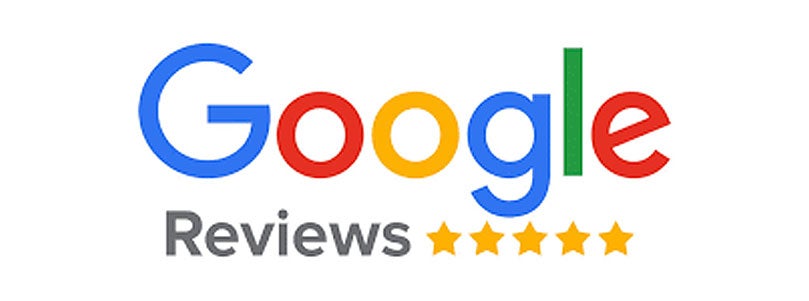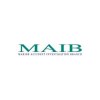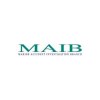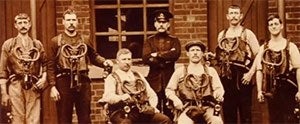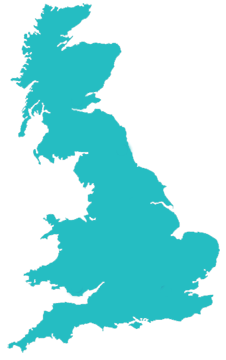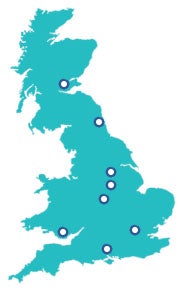For over 120 years, MRS Training & Rescue has developed specialist skills and knowledge from working in dangerous environments and rescuing mine workers trapped in rescue situations. This experience has ensured that we are the foremost company in the world for dealing with confined and enclosed spaces training and rescues.
Our history and expertise led us to now offer Maritime enclosed spaces training and rescue services. We conducted an intensive study of enclosed spaces in marine environments and engaged with multiple enclosed spaces on ships. This allowed us to apply our specialist knowledge and experience into developing courses and consultancy specifically for the Maritime industry. Most recently, we have created state of the art facilities at our centre in Southampton, to offer the full suite of STCW Basic Safety Training – essential for anyone working on board vessels at sea.
What is STCW Training?
STCW stands for Standards of Training, Certification and Watchkeeping and anyone working on board a commercial sea going vessel, must complete this training before they can work at sea. It comprises of 5 modules that take a week to complete. These are:
- Elementary First Aid (EFA)
- Personal Survival Techniques (PST)
- Fire Prevention & Fire Fighting (FPFF)
- Personal Safety & Social Responsibility (PSSR)
- Proficiency in Security Awareness (PSA)
Each course can be taken individually as well.
What is the MNTB Training?
MNTB stands for The Merchant Navy Training Board - and we offer a 1-DAY SAFE ENTRY INTO ENCLOSED SPACES COURSE, accredited by the MNTB.
This highly practical course covers all aspects of working in an enclosed space in a marine environment, including utilising risk assessments, action plans and permits to work. This course also covers monitoring entry equipment, emergency escape breathing devices, personal protective equipment, and dealing with emergencies.
Super Yacht Training
As a member of the Super Yacht Training Group, we are pleased to offer onboard training solutions.
This includes the STCW courses, the MNTB course along with a range of work at height training courses for those working over the side of the vessels or working aloft on main masts and radars. This training can be tailored to your individual needs and workforce.
Why choose MRS Training & Rescue for your STCW Training?
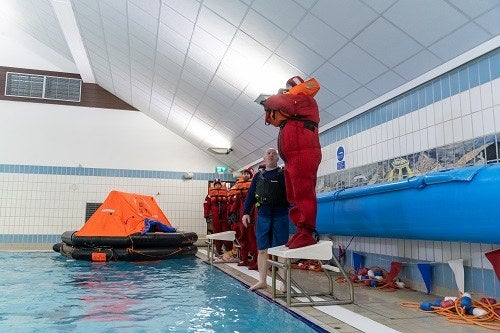
With state of the art training facilities and highly experience trainers, you can be assured of a fantastic experience when undertaking this training at our Southampton centre.
Our trainers have a wealth of experience of working onboard and delivering training to seafarers. They ensure that training is relatable to delegates and provide training scenarios that are both realistic and effective.
All courses comply with the latest guidelines laid down by the Maritime and Coastguard Agency (MCA), so you can be sure that the training you do with us will be accepted by your employer as meeting the latest STCW requirements.
Why might I need Enclosed Space Consultancy?
In the Maritime industry, it is recognised that enclosed space problems, coupled with increasing accident rates, cannot be ignored - but there is very little existing specialist assistance, training or advice available.
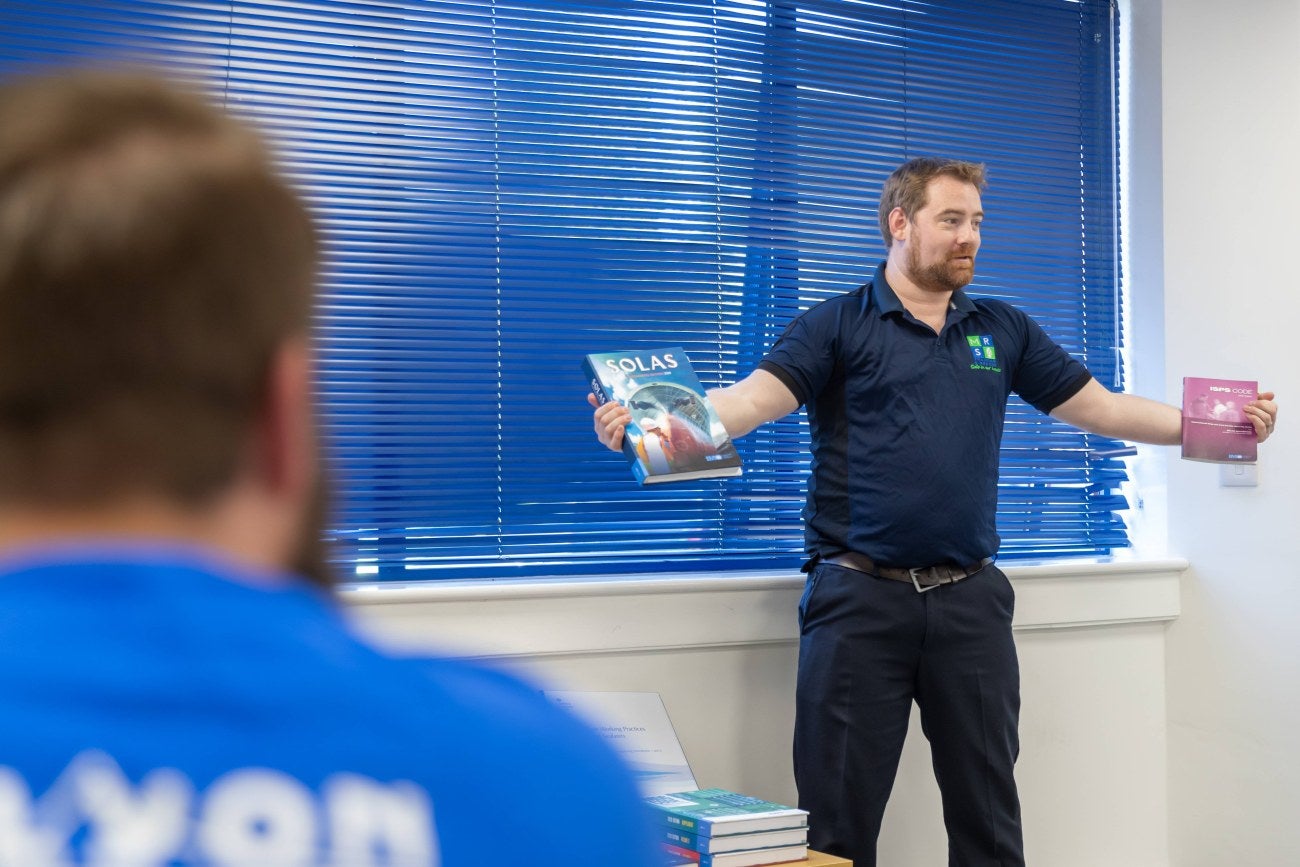
MRS Training & Rescue offers a CONSULTANCY SERVICE FOR MARINE AND OFFSHORE Industries, which can provide your company with access to specialist advice for your enclosed space problems. We are available to visit your company, ship or platform, and consult on any issue you may have, as well as advising on your training and equipment requirements.
This includes:
Enclosed Space Audits
MRS Training & Rescue can undertake a full audit of your enclosed spaces and existing procedures to identify areas for development. The audit will review current procedures (risk assessment, method statements, permits to work and rescue procedures), operative competence, training and equipment.
Upon completion, a full report will be submitted to the client, which will include all observations and, where necessary, recommendations for system improvements.
Enclosed Space Design and Modification
A significant cause of injury and death in an enclosed space, especially tanks, is the fact that proper consideration may not have been given to the actual design of these spaces. This relates to the safety of those entering, working and, in the event of an emergency, being rescued from them.
MRS Training & Rescue offers consultancy in new ship design to help improve the safety of crew in these spaces or, indeed, current ship enclosed space modification to help overcome existing problems.
Frequently asked questions
What is Enclosed Space Rescue?
Rescue from an enclosed space is a highly specialised procedure. MRS Training & Rescue uses its 115 years of experience, alongside today's most up-to-date intensive training programmes onboard new and old ships, to provide a ‘best practice' and effective safety
service to the Maritime Industry. We specialise in rescue techniques connected with every type of enclosed space situation.
We can also supply a fully equipped, self-contained rescue team on-site for use during high risk enclosed space work, thereby alleviating the pressures placed upon the crew to divert valuable human resources from their day to day work activity.
What enclosed space equipment do I need?
Our years of experience rescuing from enclosed spaces and training those people working in them has enabled us to adopt very strict requirements for the equipment that we use and recommend. We are only prepared to recommend equipment for sale which, through extensive testing and ‘on the job’ use, has proven to be fit for purpose. To find out more, click to review our full list of equipment.
We would be delighted to discuss individual company requirements and, if necessary, visit any ship or marine site to evaluate your equipment needs.
What is an enclosed or dangerous space?
Confined and enclosed spaces have been around for a very long time. There is a vast amount of published material warning of the dangers, and there’s plenty of technology, equipment and training already developed to enable persons to enter and work safely in these spaces, and yet – people are still killed in them.
The Merchant Shipping (Entry into Dangerous Spaces) Regulations 1988 defines a ‘dangerous space’ as being any enclosed or confined space in which it is foreseeable that the atmosphere may at some stage contain toxic or flammable gases or vapours, or be deficient in oxygen, to the extent that it may endanger the life or health of any person entering that space.
The International Maritime Organisation (Resolution A.1050(27) – Revised Recommendations for Entering Enclosed Spaces Aboard Ships) defines an “enclosed space” as a space which has any of the following characteristics:
- Limited openings for entry and exit
- Inadequate ventilation; and
- Is not designed for continuous worker occupancy
This includes, but is not limited to:
- Cargo spaces
- Double bottoms
- Fuel tanks
- Ballast tanks
- Cargo pump rooms
- Cargo compressor rooms
- Cofferdams
- Chain lockers
- Void spaces
- Duct Keels
- Inter-barrier spaces
- Boilers
- Engine crankcases
- Engine scavenge air receivers
- Sewage tanks
- Adjacent connected spaces
This list is not exhaustive, and a list should be produced on a ship-by-ship basis to identify enclosed spaces.
The atmosphere of any enclosed or confined space is potentially dangerous. The space may be deficient in oxygen and/or contain flammable or toxic fumes, gases or vapours. Where possible, alternative means of working which avoid entering the space should be found.
What is the difference between a confined space and an enclosed space?
If a ship or vessel is made fast to the shore, then the spaces on that vessel are classed as confined spaces and fall under the Confined Space Regulations 1997. Those spaces only become enclosed spaces once the vessel is at sea, and the Maritime and Coastguard Agency have developed a Code of Safe Working Practices for Merchant Seafarers 2015 which gives guidance for seafarers when working in enclosed spaces.
Why do I need enclosed space training?
The atmosphere in holds, bilges, bulkheads, cofferdams and other enclosed spaces on ships presents potentially deadly risks. It is a sad truth that proportionally more seafarers die in accidents in enclosed spaces than in any other accidents at sea. A lack of awareness, training and rescue drills can mean that safe ways of working in enclosed spaces are all too often ignored or poorly implemented.
Of the data reported by the Marine Accident Investigators International Forum and to the International Maritime Organisation in 2009, and updated with the data available up to 2017, it is suggested that there had been 145 international enclosed space incidents over a period of 19 years (1998 – 2017).
Around 75% or 103 reported deaths since 1998 could have been prevented if people had available and were trained to use a simple gas detector, with the average cost of the initial purchase being between £400 and £500, and as low as £150 for a single sensor oxygen monitor. Remaining deaths could have been prevented if the space had been adequately categorised, the implications of the cargos considered and systems in place to prevent unplanned entries.
Why MRS Training & Rescue
We provide training on an international basis, having worked across the UK, throughout Europe as well as in America and West Africa. All our trainers and assessors are fully qualified to provide expert training and assessment in all aspects of safety.
We also offer enclosed space:
- Consultancy: visiting your company, ship or platform to consult on any problem you may have
- Rescue: using specialist rescue techniques to provide an effective safety service renowned as 'best practice'
- Equipment: sales to meet the needs of your specific enclosed space requirements
- Management System; designed to effectively assess, audit and manage the safety of your enclosed spaces.
As the Marine Authority on enclosed spaces, we aim to meet all our clients' needs in every service we provide, with:
- Quality – by providing an excellent service delivered by professional, accredited people
- Support – we provide a full support service offering follow-up advice incorporating the latest information and procedures
- Flexibility – we will always endeavour to meet our clients at a location and date to suit you
- Latest skills – as the UK's leading body in enclosed spaces, we are always at the forefront of best practice


